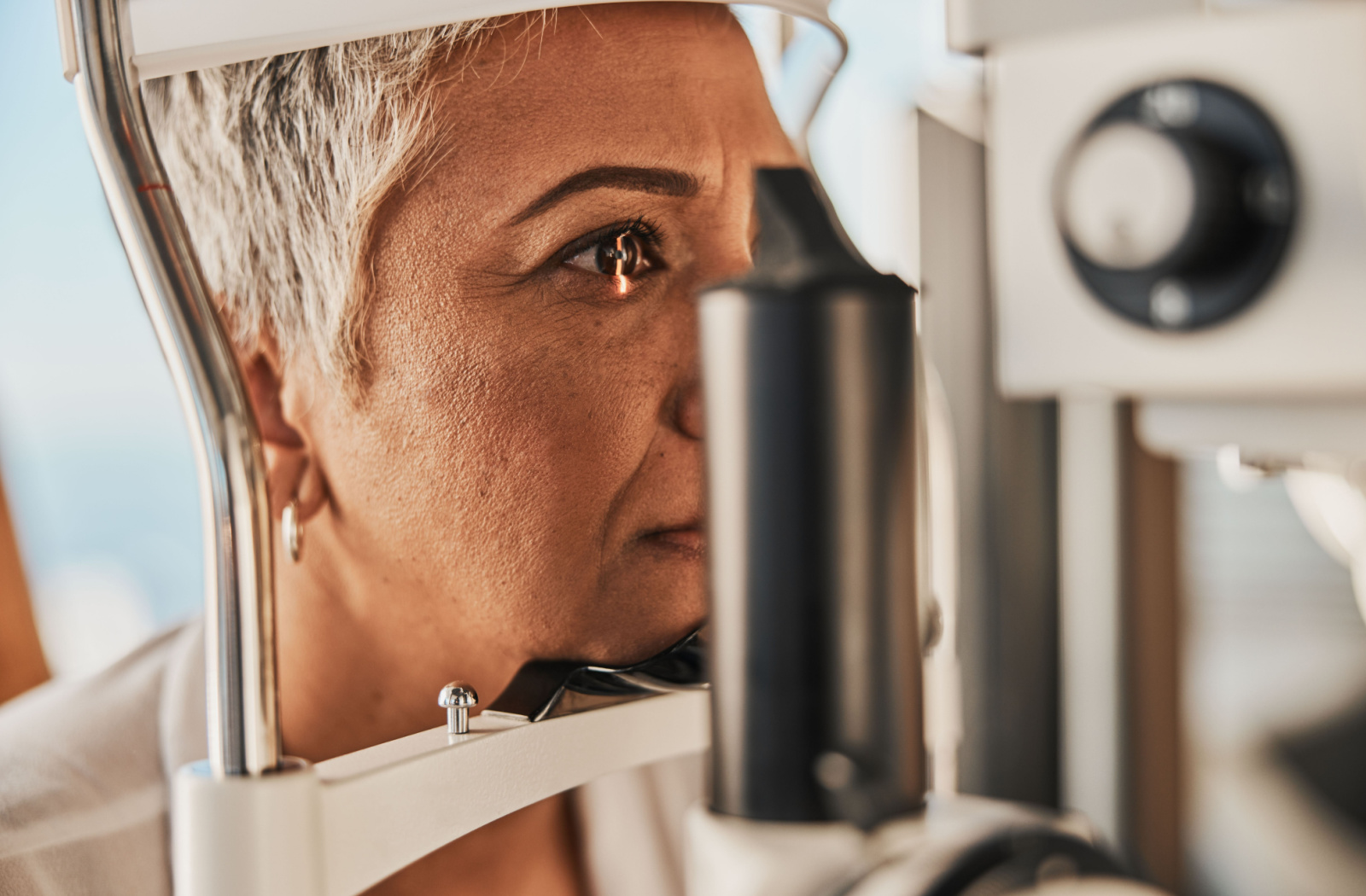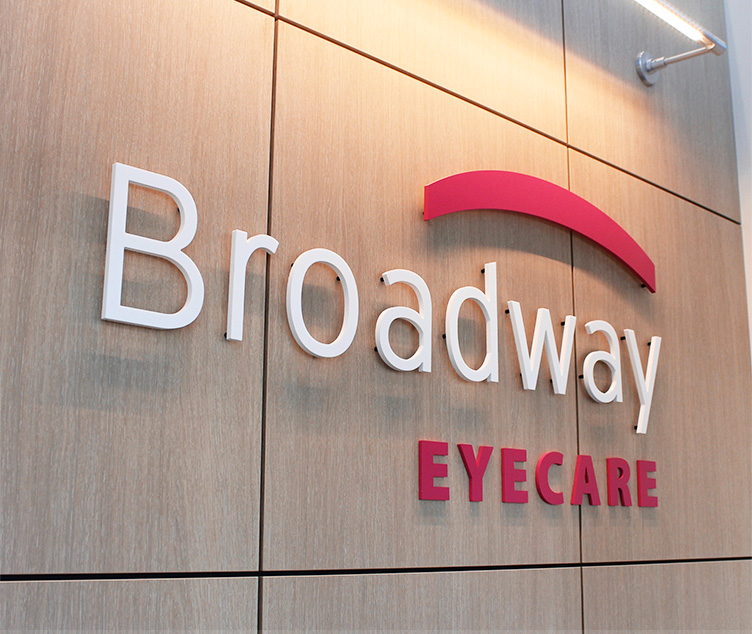Many patients aren’t aware that diabetes can significantly affect their vision. High blood sugar can lead to vision-threatening conditions and increase the risk of eye diseases like glaucoma. The damage caused by these conditions is typically permanent.
While damage to your sight and eye health cannot be reversed, you can protect your vision for the future. Your eye doctor can help diagnose diabetic eye problems, provide treatment, and recommend ways to reduce your risk of future issues.
How Diabetes Affects Vision
If you have diabetes, uncontrolled blood sugar levels can damage the tiny blood vessels in your eyes, leading to a condition called diabetic retinopathy.
Diabetic retinopathy can result in vision loss if left untreated. It’s essential to have regular eye exams as part of your diabetes management plan, as detecting and treating diabetic retinopathy early can help prevent or slow down vision loss.
If you notice any changes in your vision, schedule an eye exam.
What Are Diabetic Eye Problems?
Diabetic eye problems are known as diabetic eye disease, a general term to describe eye-related problems that develop in those with diabetes. Diabetes can damage the eye with time when blood sugar is too high, leading to conditions like diabetic retinopathy and increasing the risk of cataracts and glaucoma.
Diabetic eye disease refers to several conditions, including:
- Diabetic Retinopathy: Diabetic retinopathy is a common eye disease for patients with diabetes. It occurs when damaged blood vessels in the retina from high blood sugar leak blood and fluid into the eye, leading to significant vision loss if left untreated.
- Diabetic Macular Edema: Diabetic macular edema is a complication of diabetic retinopathy, occurring when fluid in the eye causes the macula to swell. Your macula is essential for your central vision, and damage can cause potential vision loss.
- Glaucoma: Glaucoma is a group of eye diseases that damage the optic nerve, an essential part of your vision. Diabetes doubles the risk of glaucoma development, making regular eye exams crucial to diagnose this problem as early as possible.
- Cataracts: Cataracts occur when the eye’s lens becomes cloudy, leading to blurry vision. Patients with diabetes tend to develop cataracts earlier, likely due to higher glucose levels.
What Causes These Problems?
Diabetes affects the body’s ability to process blood sugar. Over time, high glucose levels in the blood can damage the body, including the eyes.
Diabetic eye diseases occur when the blood vessels in the retina become damaged. Those with diabetes need to manage their blood sugar levels and monitor their eye health to help reduce the risk of diabetic eye diseases.
Is Reversal Possible?
For people with diabetes, maintaining optimal eye health is crucial. If left uncontrolled, this condition can lead to severe vision loss. While it may not be possible to reverse diabetic retinopathy completely, early detection and treatment can slow or halt its progression.
Managing blood sugar levels, blood pressure, and cholesterol through medication, diet, and exercise can help prevent diabetic eye problems. It’s essential to work closely with your optometrist to maintain healthy vision.

Diabetic Eye Treatments
While diabetic retinopathy can significantly affect your vision, there are numerous treatments available to help manage this condition. From medication to laser therapy, there are many options to treat diabetic retinopathy, including:
- Laser therapy
- Medication
- Vitrectomy
- Corticosteroids
For other conditions related to diabetes, like cataracts and glaucoma, your eye doctor can help diagnose and manage these conditions. They can recommend a personalized treatment plan that meets your unique needs.
Protect Your Vision If You Have Diabetes
While you can’t change the past, you can help reduce your chance of further eye-related complications. Invest in your health if you have diabetes—it can benefit your future.
Diabetes Canada recommends following the ABCDEs to help protect your vision:
- A1C: Manage your blood sugar to keep your average levels consistent over 120 days.
- Blood Pressure: Keep your blood pressure at ideal levels.
- Cholesterol: Keep your LDL cholesterol at appropriate levels.
- Drugs: Speak with your primary doctor about long-term medication for diabetes.
- Exercise and Eating: Prioritize a healthy diet and regular exercise to help lower the risk of diabetes-related eye complications.
- Screenings: Ask your primary doctor about screening tests for your health.
- Smoke-Free: Quit smoking if you do and seek support to avoid future use.
- Self-Management: Set goals to manage stress effectively.
Regular eye exams are essential for protecting eye health, especially for patients with diabetes. Your eye doctor can recommend the ideal frequency for eye exams based on your vision and eye health needs.
Protect Your Vision
Diabetes can damage your vision, but your eye doctor is here to help. While current damage cannot be reversed, you can protect your future eye health and vision. Take care of your health, and make sure you book regular eye exams. Contact Broadway Eyecare when it’s time for your next eye exam.









